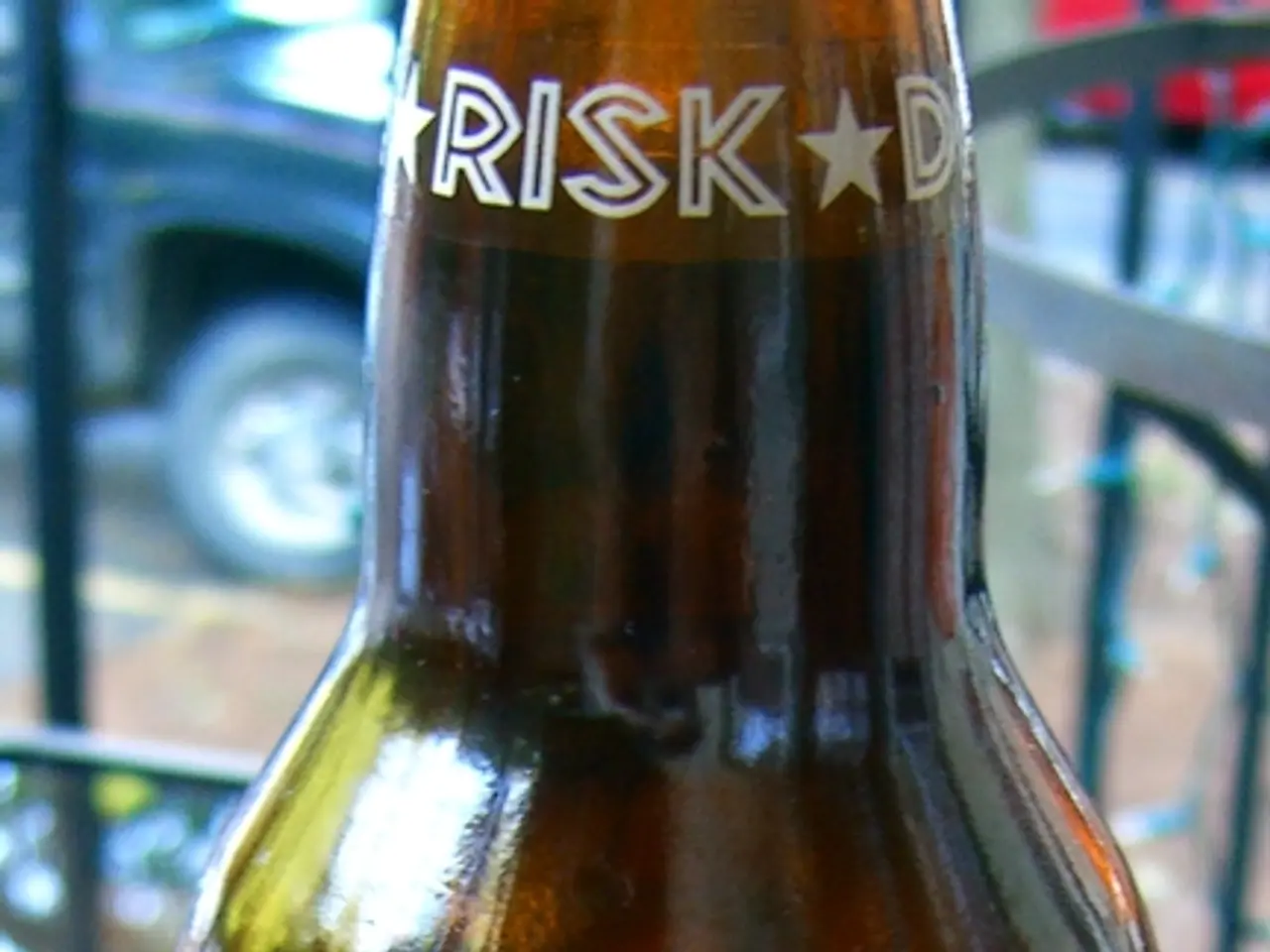Fear Can Literally Break Your Heart: Understanding Stress Cardiomyopathy
Fear can have severe physical consequences, including triggering heart attacks in vulnerable individuals. A condition known as stress cardiomyopathy, or 'broken heart syndrome', can occur due to extreme fear or stress. This rare but serious condition can cause temporary heart failure and, in rare cases, sudden death.
The body's response to fear involves a surge in adrenaline, which increases heart rate, blood pressure, and blood glucose levels. This adrenaline rush can also cause arrhythmia, constriction of blood vessels, or spasms, leading to heart function decline or failure. Stress cardiomyopathy was first recorded in 1990 and has become more commonly diagnosed in recent years.
Symptoms of stress cardiomyopathy mimic those of a heart attack, including shortness of breath and chest pain. While it's incredibly rare for a scare to cause sudden death, regardless of one's heart health, living with limited stress triggers can help avoid such conditions.
Fear can have extreme physiological effects, including triggering heart attacks in susceptible individuals. Stress cardiomyopathy, or 'broken heart syndrome', is a rare but serious condition that can occur due to extreme fear or stress. While the likelihood of sudden death from a scare is low, managing stress triggers can help prevent such conditions.




